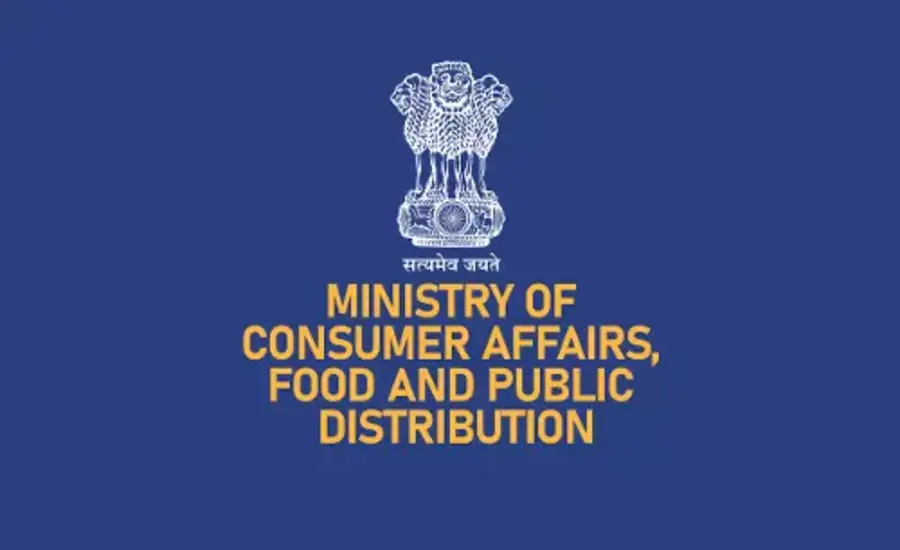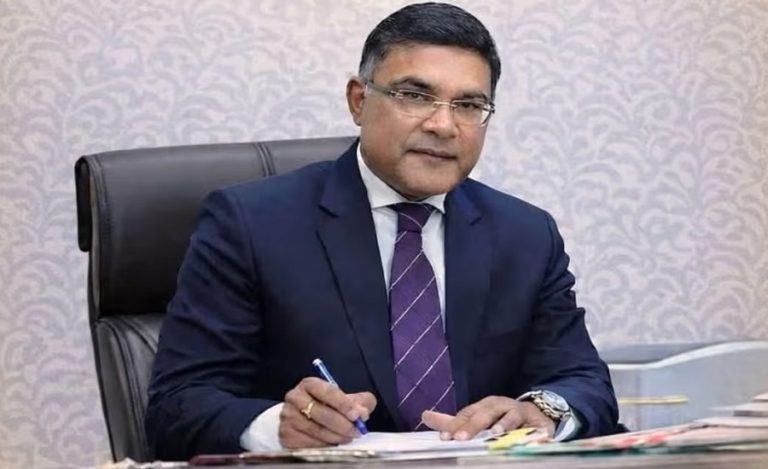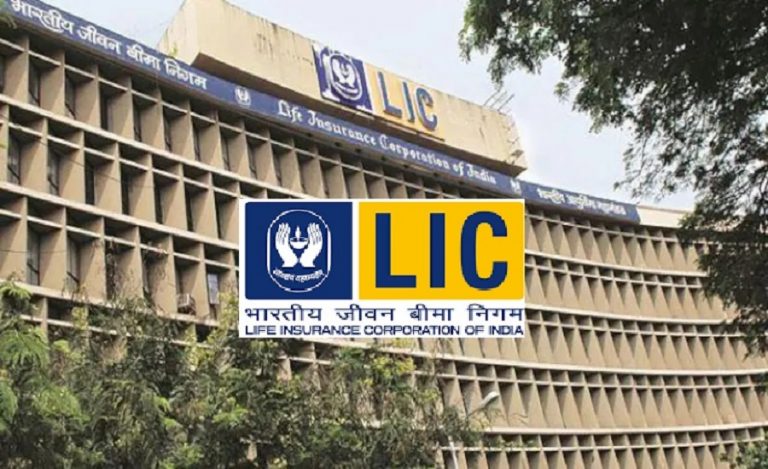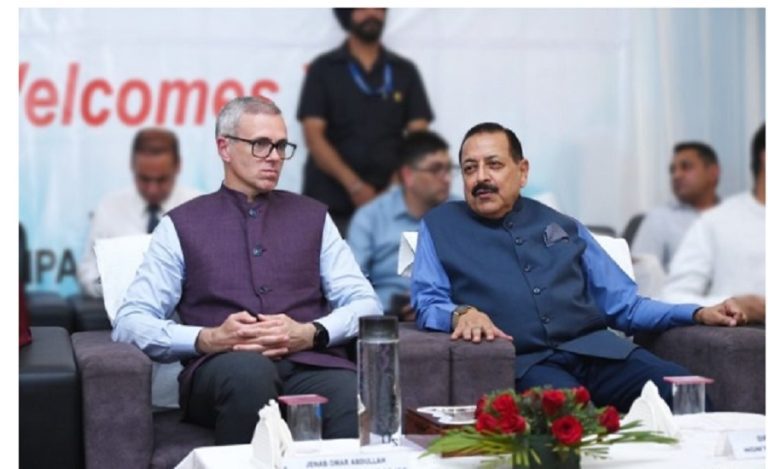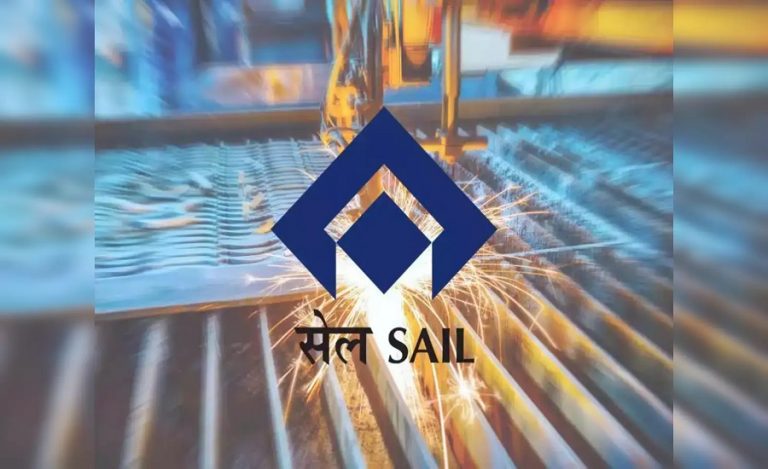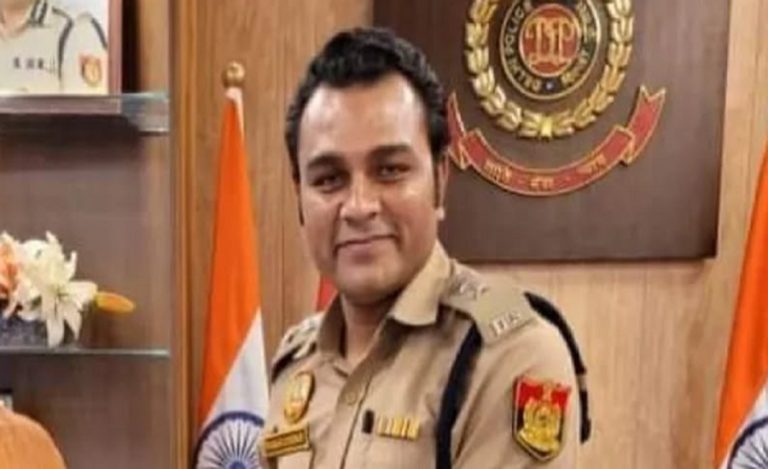New Delhi: The Central Consumer Protection Authority (CCPA), under the Ministry of Consumer Affairs, Food & Public Distribution, has taken action against false and misleading advertisement practices of Dikshant IAS and Abhimanu IAS.
The move comes as students invest significant time, effort and money in exam preparation, and misleading success claims can distort their decision-making.
CCPA Action Details on Coaching Scam
In its latest decision, the CCPA issued final orders against two coaching institutes — Dikshant IAS and Abhimanu IAS — imposing penalties of ₹8 lakh each, citing violations of the Consumer Protection Act, 2019.
Read Also: Who Is Rajesh Aggarwal? Technocrat IAS Officer Poised to Become Maharashtra’s Next Chief Secretary
The move also signals the regulator’s growing scrutiny of the education-coaching advertising ecosystem, following prior notices and fines imposed on multiple coaching centres in recent months.
Case Study of Dikshant IAS and Abhimanu IAS Coaching Scam
1. Case of Dikshant IAS
The CCPA received a representation from Ms Mini Shukla (AIR 96, UPSC CSE 2021) stating that her name and photograph were used in Dikshant IAS’s advertisement material without her consent. She clarified she had only attended a mock interview at another coaching body and was never formally their student.
The institute’s advertisement claimed “200+ Results in UPSC CSE 2021”, featuring students’ names and photos but failed to disclose which exact course those students had taken or whether the institute had actually provided full preparation. The institute could produce only 116 enrolment forms, contrary to the claimed 200+ results.
CCPA held that Dikshant IAS had concealed material information: that the “200+” number may not reflect full-course students, or that the association with students was limited to interview guidance only. This constituted issuance of misleading advertisements and unfair trade practices.
The CCPA found violation of Sections 2(28) and 2(47) of the Act (definitions of “consumer” and “unfair trade practice”) as the institute misrepresented its services and credentials, depriving aspirants of accurate, informed choices.
2. Case of Abhimanu IAS
A representation by Ms Natasha Goyal (AIR 175, UPSC CSE 2022) alleged that Abhimanu IAS used her name and photograph in its promotional material without her consent, despite her only receiving a question‐bank based on her Detailed Application Form (DAF) and not full course services.
The institute’s advertisements featured claims such as “2200+ Selections since Inception”, “10+ Selections in IAS Top 10”, “1st Rank in HCS/PCS/HAS” but failed to provide evidence or clarifications. The majority of claimed selections dated back to 2001-12 and only two in 2018, while only mock interview or question-bank services had been provided.
The CCPA found that the advertisement concealed the actual nature of services delivered, the relevant years of success, and misled aspirants into believing full service and high success rates. It concluded this as unfair trade practice and violation of right to informed decision‐making under Section 2(9) of the Act.
Face Behind this Action
The CCPA’s orders were issued under the leadership of Smt Nidhi Khare, Chief Commissioner, and Shri Anupam Mishra, Commissioner of CCPA.
Read Also: Nagaland Govt Stands Firm on IAS Recruitment Process Despite Ongoing Protests and Pen-Down Strike
Both have highlighted that the right to accurate information is fundamental for consumers (in this case aspirants) making major educational investments. The regulator’s emphasis is clear: coaching centres must stop hiding key course-details, selection‐data and mis-using student images.
Importance of This Action on Coaching Scam
Protecting Aspirants & Consumers: Students preparing for competitive exams trust upselling of success numbers; when claims are exaggerated or false, aspirants risk making mis-informed decisions and losing money/time.
Education Sector Advertising Under the Lens: The ruling adds to earlier fines by CCPA on various coaching centres making misleading claims for exams like JEE, NEET.
Legal Precedent & Accountability: The order reinforces that coaching providers are subject to consumer laws; false success claims, undisclosed conditions, photo-misuse are actionable.
Need for Transparency: The case highlights the importance of accurate disclosures: e.g., training stage (mock interview vs full course), fee payment, timeframe of “selections”, service details. Without transparency, claims become deceptive.
Key Takeaways for Students & Coaching Institutes
For Students: Always verify coaching centre claims. Ask for documented breakdown: number of full-course students, stage of exam cleared, fee details, consent for photo-use.
For Coaching Institutes: Avoid blanket claims like “200+ selections” without data. Seek written consent before using student photos/names. Disclose year of success, exam type, service rendered (full course vs interview guidance).
For Regulators: The CCPA is increasing its vigilance. 57 notices have already been issued to various coaching institutes, and penalties totalling over ₹98.6 lakh have been imposed in multiple cases.
What Next & Looking Ahead
- Coaching centres will need to review and revise their advertising practices to ensure full compliance with the Consumer Protection Act and guidelines issued for the education sector.
- Students may increasingly report misuse of their names/photographs or false claims, prompting further regulatory action and potentially more penalties.
- The decision sets a warning for all exam-coaching providers, maintaining that regulatory oversight of the education-services marketing space is now stricter.

